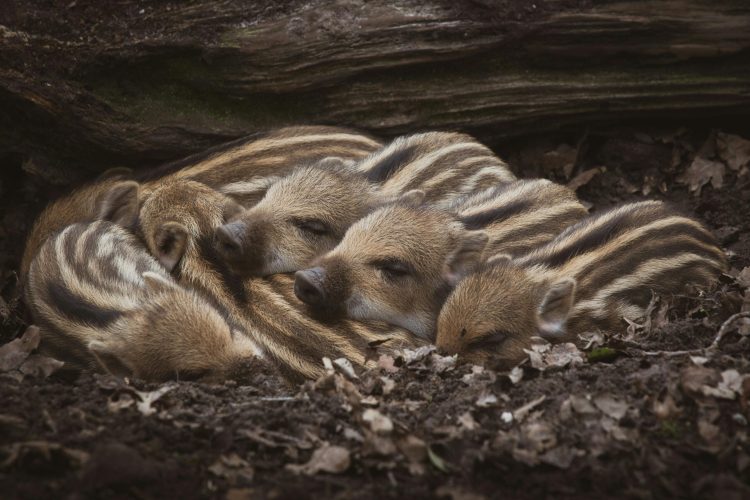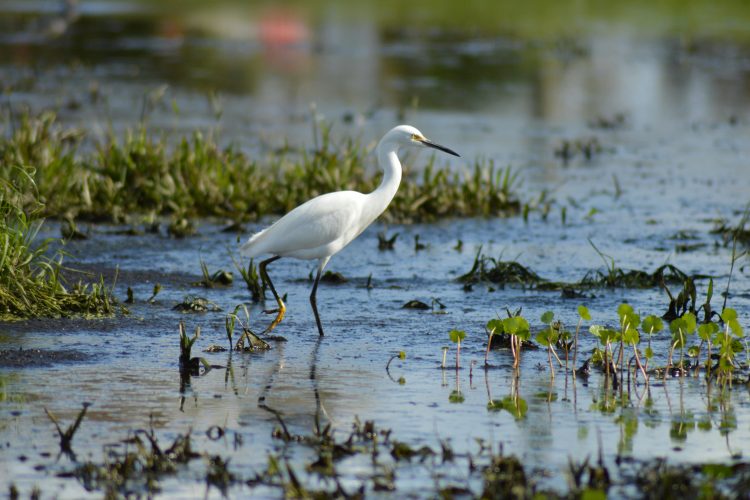Considering Earth

What do we call our planet? The earth? Or just Earth?
It has long been common usage to say the earth (and to spell it lowercase) when talking about this planet in a scientific context. This goes along with the practice of referring to the sun and the moon as objects that we observe in the environment. In recent times, however, many ecologically conscious Friends and others have been led to drop the preceding the and use a capital E, as in Earth, to emphasize our planet’s significance as subject, as the great jewel of Creation, the Mother of the living community of life of which we are members.
Their preference for Earth is in keeping with a long tradition of Western astronomy, which gave names to all the planets in the solar system. Astronomers easily reached consensus on borrowing from ancient Greek and Roman religions, which associated many of their deities with celestial bodies they saw meandering through the heavens. When astronomers finally concluded that their own planet was part of that solar system, giving it a mythical deity-based name seemed fitting as well.
A logical candidate therefore would have been Gaia, the goddess who the ancient Greeks believed presided over the natural world. But there was a drawback to that choice. English speakers already had a venerable name, the earth, (from Old English eorthe) that they would have been reluctant to give up. Originating before anyone suspected they were living on an orbiting globe, the earth meant simply the land, as distinct from the sky (Norse origin) and the waters (Germanic origin). English speakers likely would have been similarly unwilling to call the sun Sol and the moon Luna in deference to pagan Greeks and Romans.
In conclusion, although the choice wasn’t traditionally associated with a mythical deity, English-speaking astronomers apparently settled on Earth (capitalized) as their second choice as a name for the third planet from the sun. (Gaia didn’t lose out entirely in the modern naming process, however. With a name derived from the ancient Greek word Ge, also meaning literally the land, Gaia lives on in such modern scientific terms as geology and geography.)
But English-speaking scientists in other fields weren’t as constrained by that particular naming tradition, and for many centuries, the older, plainer version, the earth seemed sufficient for their needs. And that gives rise to the main point of this discussion: for some 400 years, Western science unfortunately has taken a rather materialistic, reductionist path, which seems to have contributed to modern civilization’s loss of a sense of connection with, and responsibility for, the health and integrity our living planet. For all of its marvelous achievements, the Western scientific tradition still operates largely within an obsolete paradigm of the universe as a collection of objects. Consciously choosing Earth as a proper name makes it easier for us to balance an enlightened scientific outlook with an I-Thou relationship to the planet (after the writings of theologian Martin Buber) and to outgrow the exploitative, objectifying I-it relationship that has brought on today’s global ecological, economic, and energy crises.
If we changed much of our usage from the earth to Earth, we might find ourselves caught in the crossfire of sometimes opposing quarters: from those who say we are replacing good science with sentimentality, and from those who say we are speaking blasphemy by supposedly worshiping the planet itself and replacing a transcendent Creator as the object of our ultimate concern and respect. There is a lot at stake, I believe.
Once it was common to say he when one could not, or did not wish to, identify a person as male or female. Today, usage has largely shifted to alternate, gender-neutral expressions, such as they or she or he, and many of us have switched from mankind to humankind in order not to discount half the members of the human family.
When we make such conscious corrections in our word choices, it doesn’t mean that we are claiming to have risen above prejudice and discrimination in our thoughts and actions. More often such political correctness serves to humble us, to remind us gently that we aren’t there yet. The words we use have a way of framing and restricting our thoughts and perceptions, which in turn have a tendency to direct our actions in unhealthy ways. If we want to stop killing the planet, it may be necessary to change the way we talk about it.


